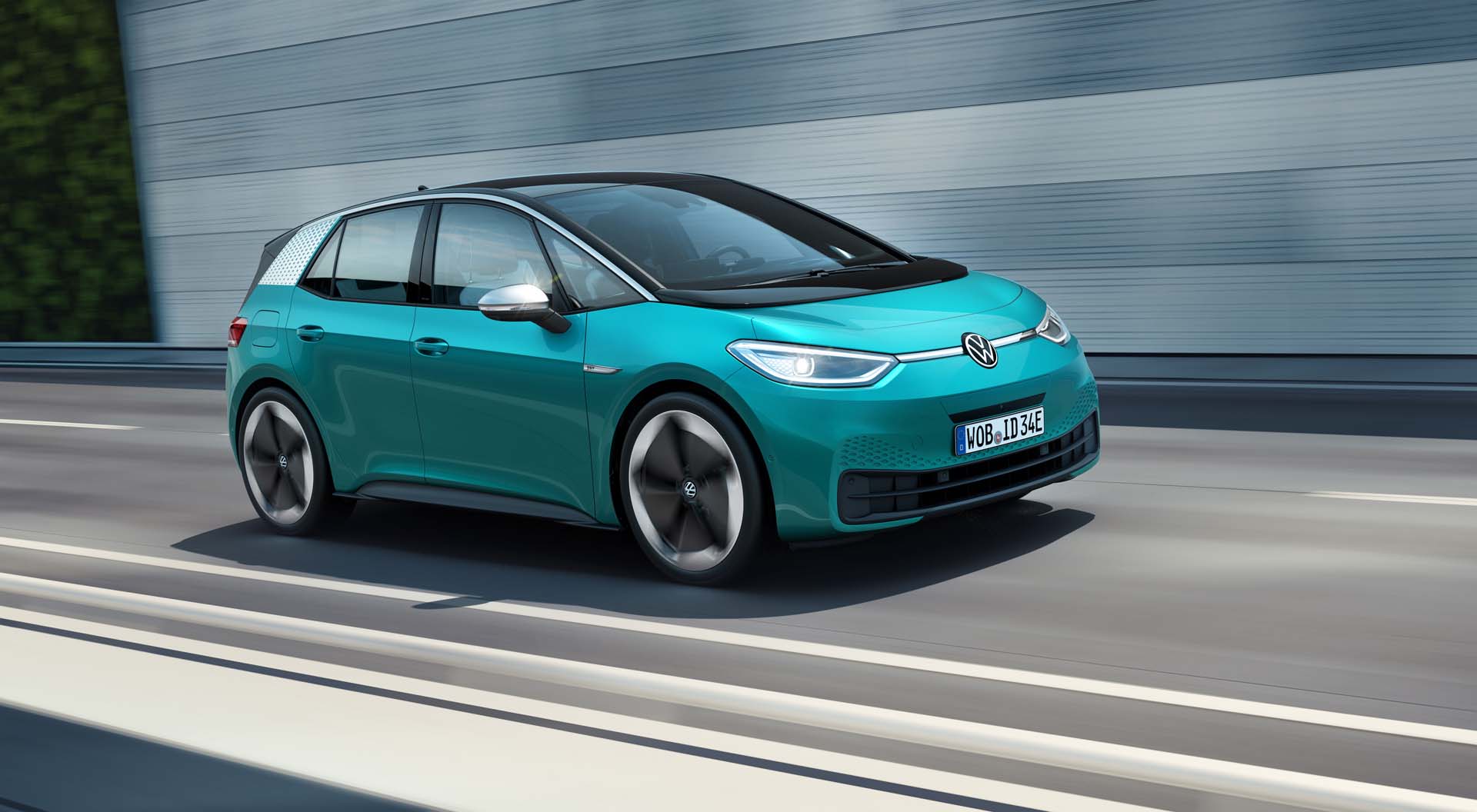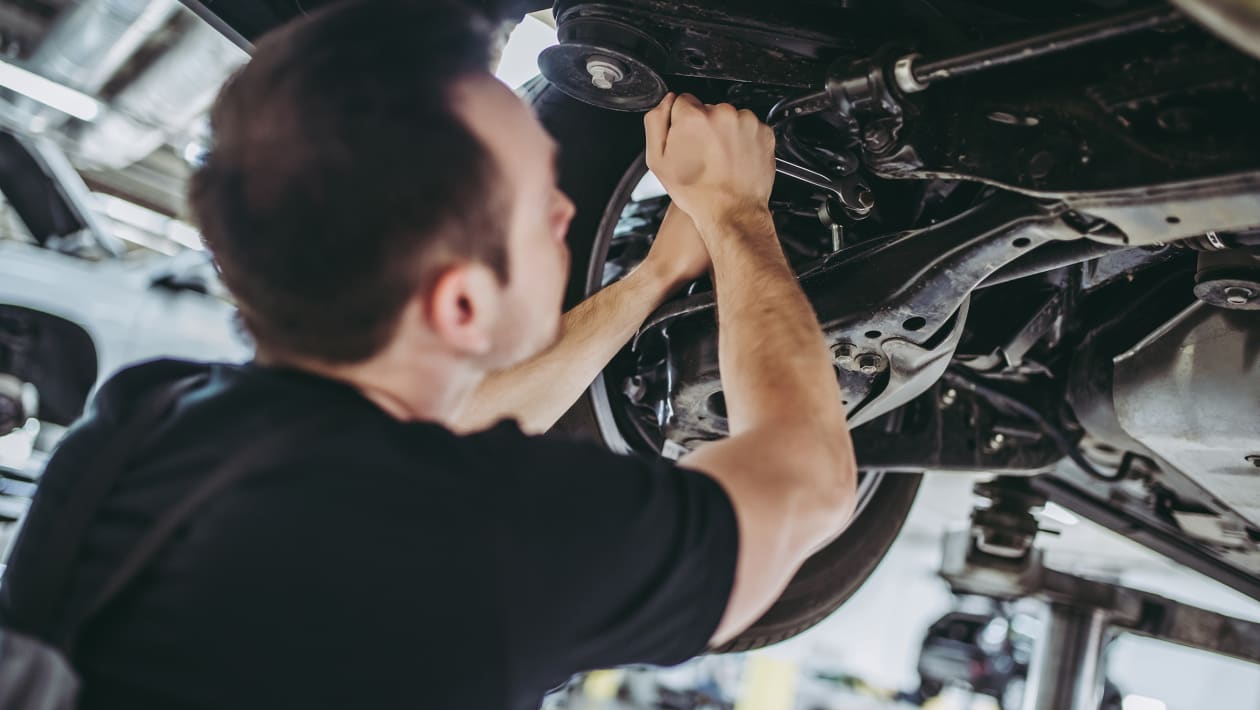Quite a few Year's ago I heard from an insider source that Israel intended to develop technology where a range of different makes of cars would all adopt a system using an identical battery pack/unit that would be able to be quickly withdrawn and changed at a range of battery "stations". The battery packs would, of course, not be owned, merely exchanged for a fully charged unit. Further, the recharging would be by solar power and Israel has plenty of that! I have put this on the A2OC site before. However, this never came to fruition .... That's a pity because it really would work!
David
David





